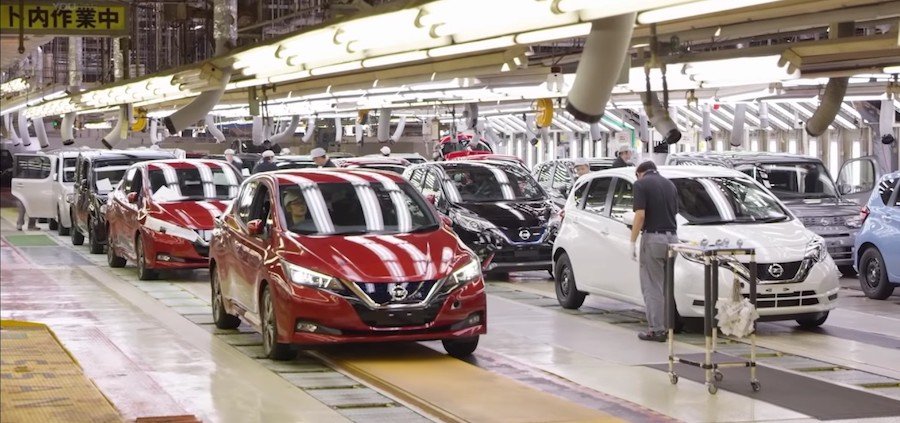Japanese Automaker Nissan Recorded Profits in 2021 Despite Industry-Wide Chip Shortage

The automaker is also the first Japanese maker to make public plans to stop developing internal combustion engines for all markets except the U.S. According to the automaker, all ongoing developments will stop and focus on developing electric vehicles.
Yokohama-based Nissan sales took a dip down of 16% but experienced strong sales with two models, the Nissan Note in Japan and the Pathfinder SUV in the United States.
Last year, the automaker made a big buzz during the Specialty Equipment Market Association (SEMA) in Las Vegas with the DocZ, 2023 Z, 2022 Nissan Frontier, and the Project Overland Pathfinder.
According to Ashwani Gupta, Nissan's Chief Operating Officer, the global automotive industry experienced a market dip of 18% due to the industry-wide semiconductor shortage that resulted from the global health crisis.
Nissan wasn't the only Japanese auto manufacturer affected by the predicament. Toyota and Honda faced similar challenges that led to supply chain issues and sales dips.
The Japanese carmaker pointed out that solid sales from the United States market helped raise profit margins but acknowledged uncertainty over the last quarter's returns.
Makoto Uchida, Nissan's Chief Executive, said there was steady improvement and performance in the first nine months of the 2021 fiscal year. Launching new vehicles and improving their quality of sales helped add momentum, AP News reported.
Nissan, allied with Renault SA of France, launched a $26 billion investment in January to develop electric vehicles. The two-decade-old partnership that includes Mitsubishi motors aims to increase the number of common platforms for EVs from four to five.
Nissan has been nursing a significant blow after Carlos Ghosn, a former executive, faced charges over financial misconduct in 2018.
